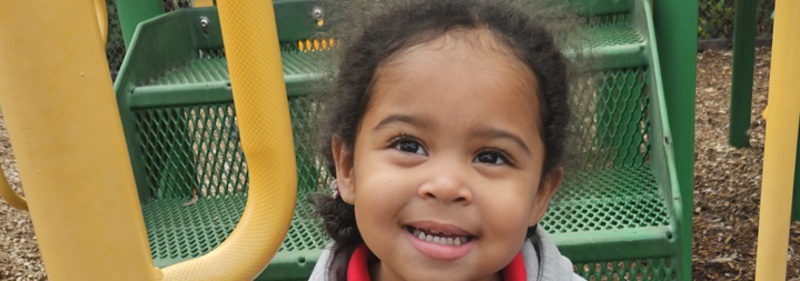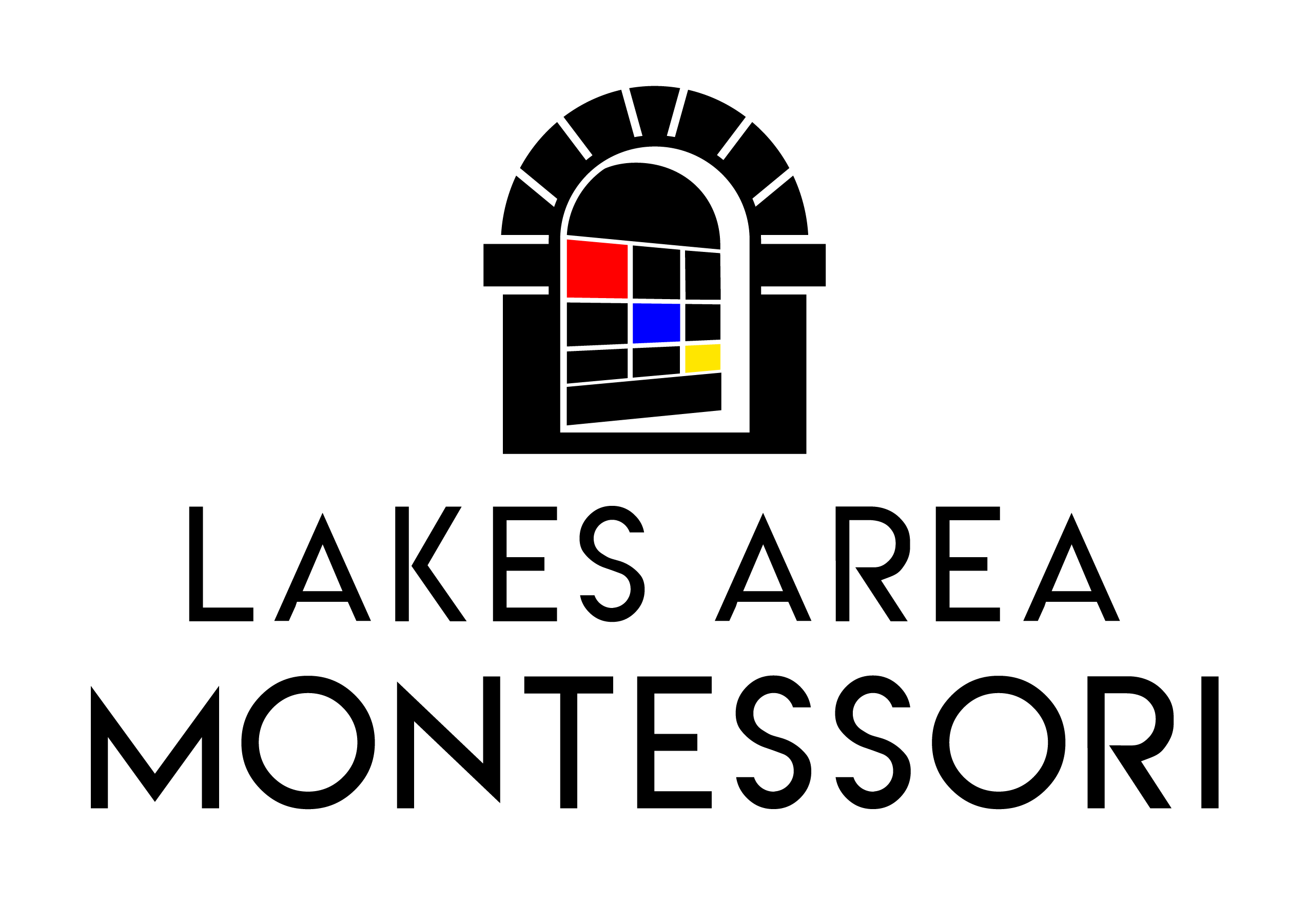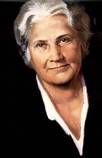
The Montessori Method
The Montessori system of education was founded in the early 1900s by a brilliant Italian physician Dr. Maria Montessori (1870-1952). Her work with young, underprivileged children in Rome inspired an educational philosophy based on human development (from birth to 18 years) and education practices now used in the world from the U.S., Europe and Asia to Africa for over 100 years.
Well-known supporters of Montessori philosophy include: Helen Keller, Alexander Graham Bell, Thomas Edison, Henry Ford, Mahatma Gandhi, Sigmund Freud, Buckminster Fuller, Leo Tolstoy, Bertrand Russell, Jean Piaget, Erik Erikson, John Holt, Ann Frank (Montessori Student), Dalai Lama, and others.
Some Important Principles of the Montessori Method:
It is based on years of patient observation of child nature. (Its need for freedom within a strong structure).
It has proved itself of universal and timeless application. Within a single generation it has been tried with complete success with children of almost every civilized nation in any climate, nationality, or social rank.
It has revealed the young child as a lover of work, intellectual work, spontaneously chosen and carried out with profound joy.
It is based on the child's relentless need to "learn by doing". At each stage in the child's mental growth, corresponding activities are provided by means of which she develops her faculties.
While it offers the children a maximum of spontaneity, it nevertheless enables them to reach their potential through an orderly environment, with special materials and a trained guide/teacher.
It is based on a profound respect for the child's personality and removes from her the influences of an interfering adult, thus leaving her room to grow in biological independence. Hence the child is allowed a large measure of liberty (not license) which forms the basis of real discipline.
It enables the teacher to deal with every child individually in each subject, and thus guide him/her according to his/her individual requirements. Each child works at his/her own pace, the quick child is not held back by the slow, nor is the latter, in trying to keep up with the former, obliged to flounder along hopelessly.
Each stone in the mental edifice is "well and truly laid" before the next is added.



